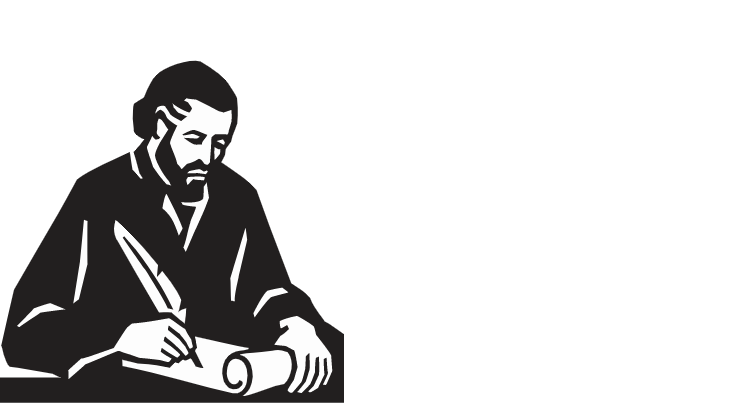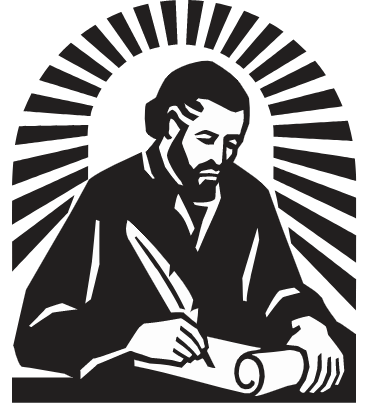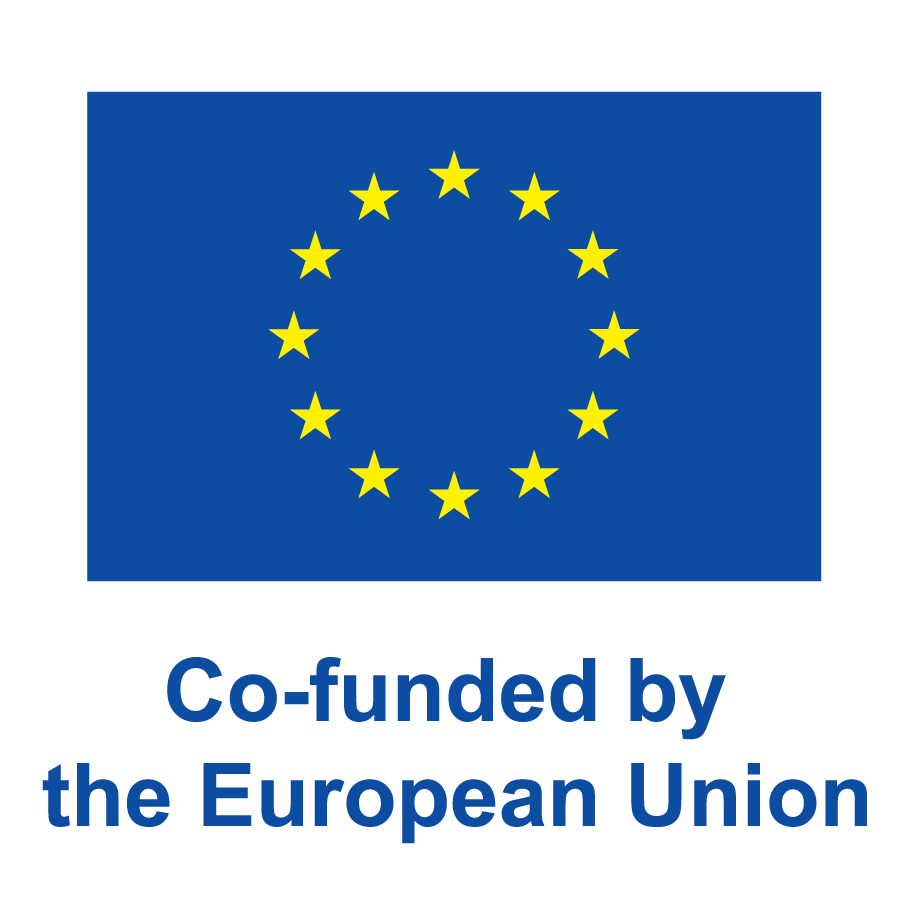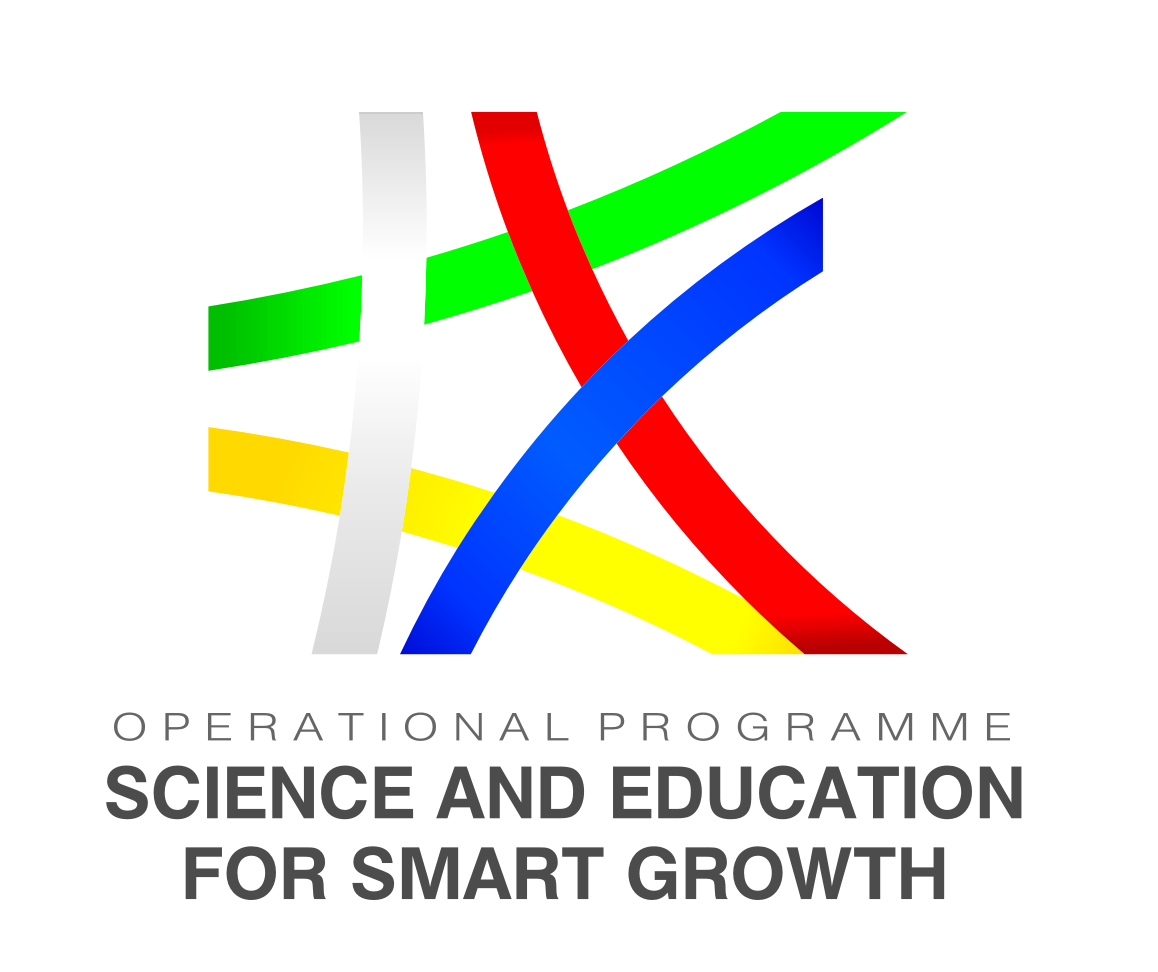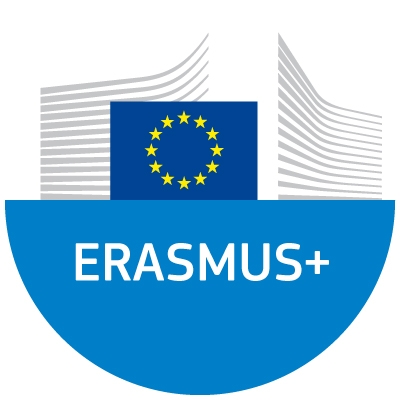Bulgarian Philology
Professional field: Philology
Educational qualification: bachelor
Professional qualification: philologist, teacher in Bulgarian language and literature
Period of study: 8 semesters (4 years)
Forms of study: regular and external
Evaluation scoring: see annex #1
The specialty “Bulgarian philology” is fundamental for the Bulgarian humanitarian studies and follows the traditions in the Bulgarian philological education for the last 120 years.
It provides solid theoretical knowledge in the fields of various linguistic and literary disciplines included in the specialty curriculum. Students gain practical skills, usable in various aspects of the social life. Abilities for resourceful adaptation to the conditions of both independent professional activities and teamwork are developed.
Specialists philologists in Bulgarian language and literature could: successfully organize and lead the educational process of Bulgarian language and literature; analyze correctly the theoretical tendencies in the process of education in Bulgarian language and literature; find the most appropriate approaches for successful communication with the students.
The qualification training of the graduates in the specialty “Bulgarian philology” includes indispensable, elective and accumulative disciplines.
During the study, summer expeditions for “fieldwork” in the sphere of dialectology are organized. Additional options for studying foreign languages and gaining internationally recognized certificates are provided by the Language Center for inter-cultural communication at the Faculty of Philology. The students linguistics club and the annual National science conference for students and Ph. D. students provide appropriate conditions for additional work and science research work.
Graduates in the specialty “Bulgarian philology” could find their professional realization as: teachers in Bulgarian language and literature in the Bulgarian school system; philologists specialists and experts in various educational and cultural institutions; experts, representatives, linguistic and cultural consultants in local and international government and independent organizations and institutions; journalists in press and electronic media; editors in different media and publishing organizations; researchers in their preferable philological field.
Graduates with the educational degree bachelor could continue their education for the educational degree “master” and the scientific degree “Ph. D.” as well as to participate in various forms of life-long education.
Last update 19 February 2026
